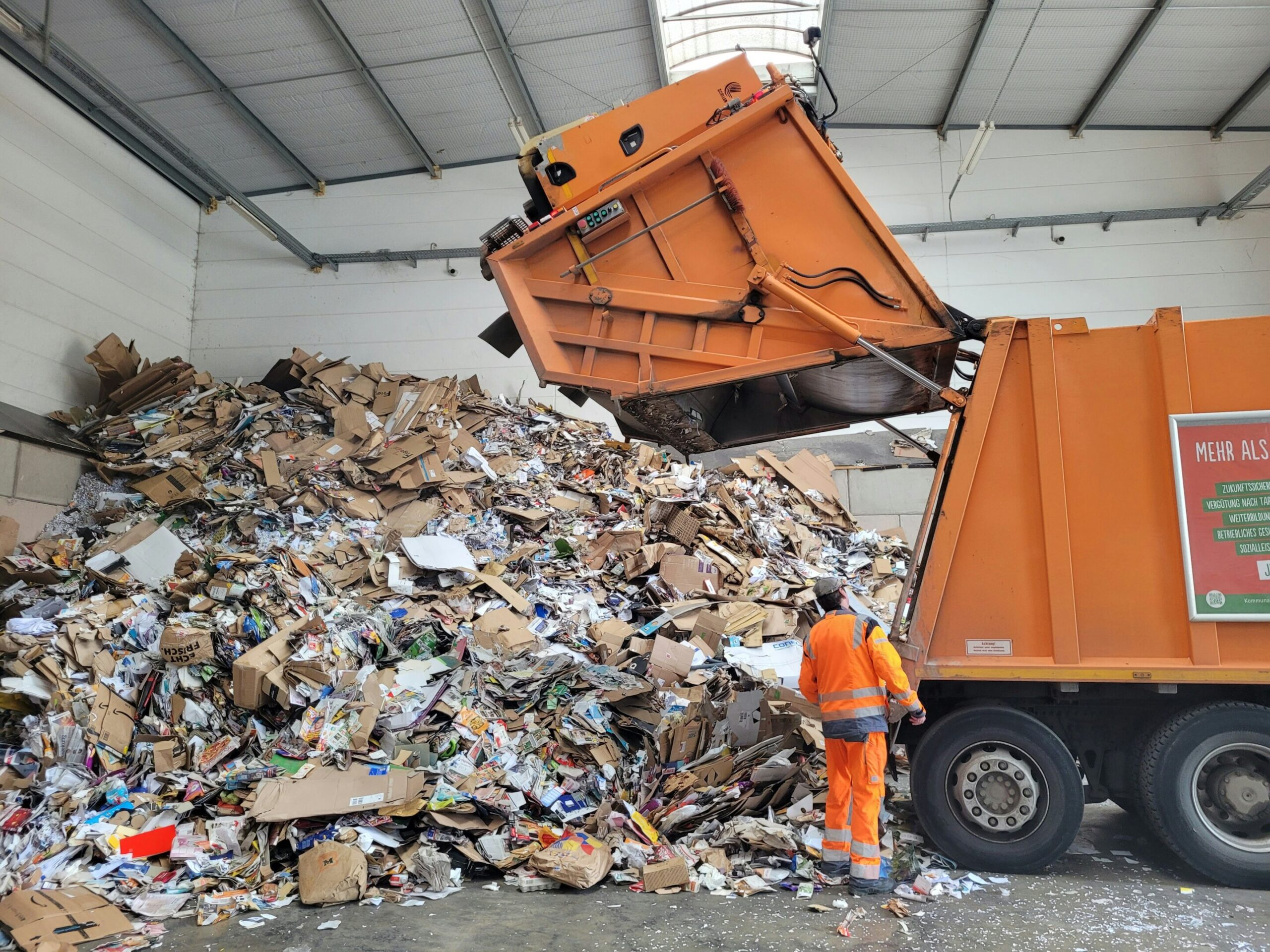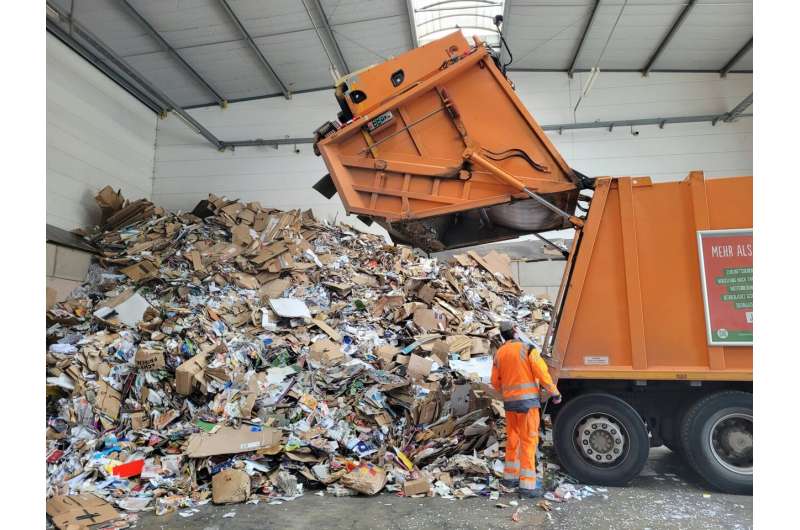

Workers in solid waste management and remediation face a variety of dangers—excessive noise, poor ergonomics, pollution and extreme weather, among others—in addition to regular exposure to a broad range of biohazards and chemicals. As a result, they experience higher rates of injuries and illnesses compared to workers across all private industries.
Until now, little was known about how the half a million waste workers in the United States view their jobs and the numerous work-related factors that affect their physical and mental well-being.
To fill this gap, two researchers from the Texas A&M University School of Public Health—Aurora Le, Ph.D., an associate professor of health behavior, and Shawn Gibbs, Ph.D., dean and professor of occupational health—and two colleagues from the University of Michigan completed a descriptive, cross-sectional pilot study that was published in Scientific Reports.
“Our study was the first to analyze the perceptions of waste workers in the United States in two critical areas,” Le said. “The first dealt with these workers’ psychosocial environment—the interrelation between psychological and social factors that affect physical and mental well-being—and the second dealt with their organizational health—employer-provided factors such as leadership and safety climate that likewise affect worker health.”
The researchers used the INPUTS survey, a large-scale, population-based survey developed by the Centers for Disease Control and Prevention’s National Healthy Worksite Program to survey 68 solid waste workers aged 18 and above in the fall of 2021.
The respondents were in three solid waste sites in Southeast Michigan:
- a single-site, family-owned, small-scale waste disposal site that provided hauling services and had all onsite workers participate in the study;
- a single-site, county-level waste management authority that only provided recycling services and had all onsite workers participate in the study; and
- a multi-site, large-scale industrial waste management authority that contained both hauling and landfill divisions and where approximately half the onsite workers participated in the study.
The survey, which had 74 questions and took about 20 minutes to complete, was administered at the beginning or end of the workers’ shifts. Most respondents were male (87%) and had a high school diploma or GED (90%); 40% were between 35 and 54 years of age.
Statistical analyses found that 84% of the workers reported overall job satisfaction, and this was similar across job sites. On a scale from 1 to 10 (with 10 being extremely safe), workers on average perceived their workplace as somewhat safe (6.5), with little difference by job site.
“Overall, the industry continues to focus more on traditional occupational health hazards and less on how the social determinants of health may impact workplace health,” Le said.
In the area of psychosocial environments, the analysis found that most participants reported a high level of support from both supervisors (76%) and coworkers (64%). More than half (59%) reported some conflict at home from issues at work. Responses did not differ significantly across job sites.
In the area of organizational health and safety, more than three in four workers reported that their employer considered workplace health and safety to be important and provided them with the opportunity to be physically active (79%) and to work safely (59%).
Although this pilot study suggests that solid waste workers in the United States have both a positive psychosocial work environment and strong organizational health, Le noted that this study was limited in scope and further research is warranted.
“Longitudinal studies could provide stronger evidence for these findings, and if they do, could help us better understand the situation,” she said. “In addition, more data on the health and lifestyle factors of waste workers in the United States would help us better understand how their occupation affects their physical and mental health.”
More information:
Aurora B. Le et al, A pilot study on psychosocial factors and perceptions of organizational health among a sample of U.S. waste workers, Scientific Reports (2024). DOI: 10.1038/s41598-024-59912-9
Provided by
Texas A&M University
Citation:
Study finds solid waste industry focuses more on traditional occupational hazards than social determinants of health (2024, September 23)
retrieved 24 September 2024
from https://phys.org/news/2024-09-solid-industry-focuses-traditional-occupational.html
This document is subject to copyright. Apart from any fair dealing for the purpose of private study or research, no
part may be reproduced without the written permission. The content is provided for information purposes only.

